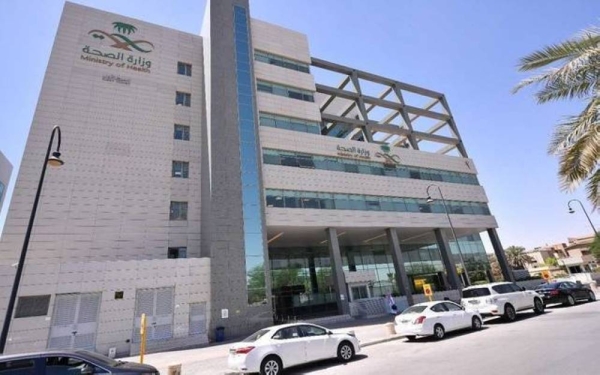
RIYADH: Second doses of coronavirus vaccines will be provided for people between 40 and 50 in two weeks, Saudi Arabia’s Ministry of Health said.
Those above the age of 50 were now receiving their second shots, it added.
Saudi Arabia’s Food and Drug Authority on Sunday approved the use of the Pfizer-BioNTech vaccine for the 12-18 age group, with the first batch of children going to vaccine centers on Monday after appointments were made available through the ministry’s Tawakkalna app.
The move is part of efforts to expand the country’s vaccine rollout and expedite herd immunity.
The Kingdom recorded 1,318 coronavirus cases on Monday, bringing the total number of confirmed cases to 484,539.
There are 11,204 active cases and 1,438 people are in critical condition.
The highest number of new cases was recorded in the Makkah region with 345, the Eastern Province had 302, the Riyadh region recorded 247 cases, and Asir had 161. Other regions reported case numbers below 100, while the Northern Borders had seven and Jouf just five.
There were a further 1,290 recoveries from COVID-19, bringing the total to 465,546. There were 14 more deaths, raising the death toll to 7,789. HIGH LIGHTS
• The Kingdom recorded 1,318 coronavirus cases on Monday.
• There are 11,204 active cases and 1,438 people are in critical condition.
• Fourteen more virus-related deaths were recorded in the Kingdom.
• More than 17.4 million vaccine doses have been administered at 587 vaccine centers.
More than 17.4 million vaccine doses have been administered at 587 vaccine centers across 13 regions, with 50 percent of the population having now received at least one dose.
The special health clinics set up by the Ministry of Health in response to the pandemic continue to test and treat thousands of residents. Takkad (make sure) centers and Tetamman (rest assured) clinics have played a significant role in monitoring the spread of the disease and helping patients with suspected or confirmed cases.
The Takkad centers offer COVID-19 testing for people with no or mild symptoms, or who believe they have come in contact with someone infected. Tetamman clinics provide treatment and advice to those with more severe symptoms such as fever, loss of taste and smell, and breathing difficulties.
The ministry and other authorities continue to highlight the importance of maintaining social distancing and following all health and safety protocols as part of the community effort to slow the spread of the disease.












